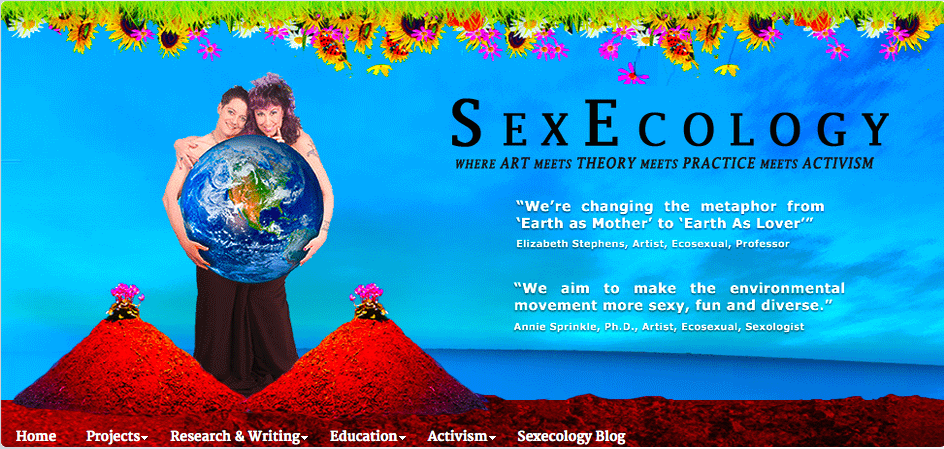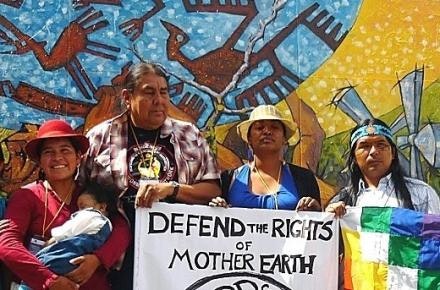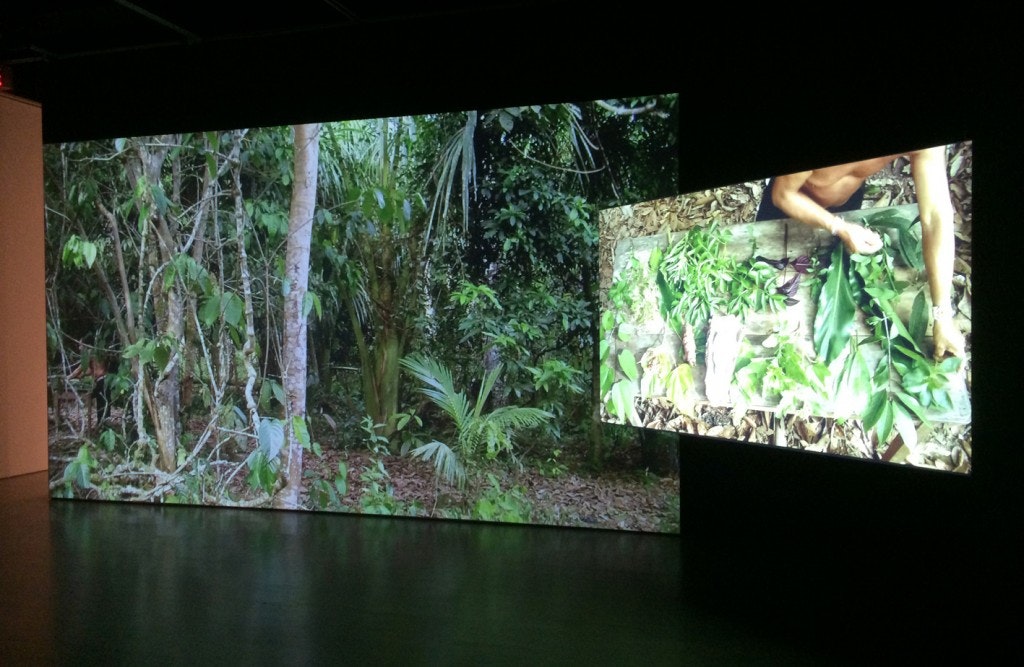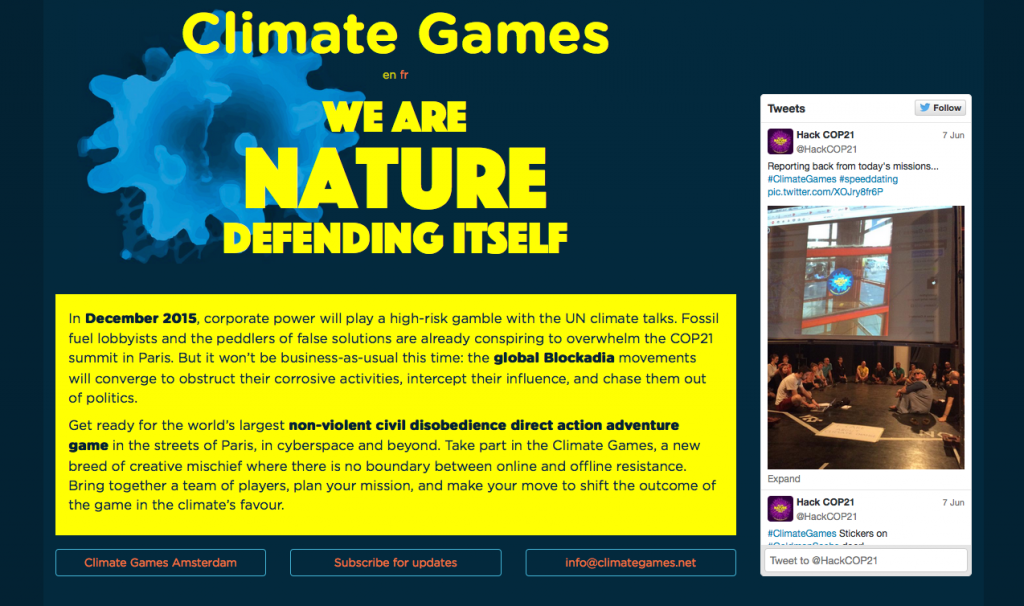The Capitolocene proposition, conversely, locates the origin of the crisis in capitalism’s exploitative relations to labor, food, energy, and raw materials—so many “cheap natures,” according to Moore, that after centuries of exploitation are now no longer easily available, as there are no more new frontiers and peoples to conquer, only ever more extreme forms of extractivism, including Arctic fossil-fuel exploration, fracking for dirty oil, and deep-sea drilling. Which leaves us with a choice: either a future of geoengineering in an age of climate change catastrophe, ruled by centralist, increasingly authoritative governments and their repressive, militarized police forces alongside ever-heightening forms of socio-economic and political inequality—this future is foretold in countless eco-dystopian films, and glimpsed in the extreme weather events happening already across the world. Or, alternately, the formation of localist, sustainable cultures based on renewable energy systems, degrowth and redistributive economics, climate justice, regional sovereignty, rights of nature, and new forms of human, even inter-species political inclusion.7As Naomi Klein argues, climate change offers “a catalyzing force for positive change,” in fact the best argument we have “to demand the rebuilding and reviving of local economies; to reclaim our democracies from corrosive corporate influence; to block harmful new free trade deals and rewrite old ones; to invest in starving public infrastructure like mass transit and affordable housing; to take back ownership of essential services like energy and water; to remake our sick agricultural system into something much healthier; to open borders to migrants whose displacement is linked to climate impacts; to finally respect Indigenous land rights—all of which would help to end grotesque levels of inequality within our nations and between them.” Naomi Klein, This Changes Everything: Capitalism vs. the Climate (New York: Allen Lane, 2014), 7. While the latter scenario may seem even challening, it’s the belief that we can carry on according to the status quo without radical changes to our social, political, economic, and environmental systems, that is truly utopian.









